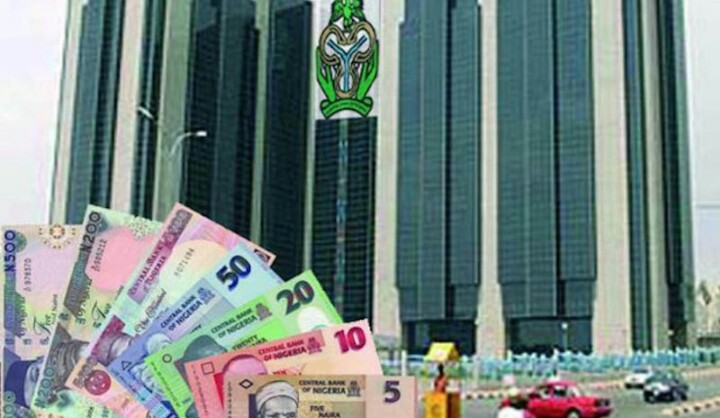The Central Bank of Nigeria (CBN) announced a new instruction on Tuesday, December 6, 2022, to limit withdrawals at ATMs and POS terminals to N20,000 ($27) per day to advance the cashless strategy. We examine how it will impact people, particularly those working in the unorganized sector.
All deposit money banks, payment service banks, and other financial institutions limit cash withdrawals, according to the Central Bank of Nigeria (CBN).
In extreme cases, not more than once per month, when cash withdrawals above the permitted limits are necessary for lawful purposes, such withdrawals shall not exceed N5,000,000.00 and N10,000,000.00 for individuals and corporate organizations, respectively, and shall be subject to the processing fees as well as increased due diligence and additional information requirements.
CBN take on withdrawal limit
To ensure high standards of banking practice and financial stability through its surveillance activities and the development of an effective payment system, the bank is given the duty of administering the Banks and Other Financial Institutions Act (BOFIA), 2020.
In addition to its primary duties, the CBN has, over the years, carried out significant developmental tasks with a focus on each of the important sectors of the Nigerian economy (the financial, agricultural, and industrial sectors). In general, the bank executes these mandates through a number of its departments.
The letter dated Tuesday, November 6, 2022, states that a 5% processing fee will be charged for withdrawals that exceed the CBN’s established caps.
The new directive states,
Withdrawals made over-the-counter (OTC) by people and organizations are now restricted to $100,000 ($135) and $500,000 ($676), respectively. Checks from third parties worth more than $50,000 ($67) will not be accepted for cash pickup. The maximum ATM withdrawal per week is now 100,000, while the daily withdrawal cap is at 20,000. Additionally, the daily cap on cash withdrawals via point-of-sale (PoS) terminals has been reduced to $20,000 (about $27).
It’s interesting that these “compelling conditions” can only occur once every month.
The top bank also suggested that financial institutions encourage their customers to use digital channels instead of cash when making transactions.
On January 9, 2023, the instruction that Haruna Mustafa, Director of Banking Supervision at Cat the, signed would go into force.
Central Bank New Memo
Additionally, banks have been told to only load N200 and lower denominations into their ATMs.
According to the memo: “Further to the President, Major General Muhammadu Buhari (retd. ), launching the redesigned naira notes on Wednesday, November 23, 2022, and in accordance with the CBN’s cashless policy, all deposit money banks and other financial institutions are hereby directed to note and comply with the following:
- Withdrawals beyond the restrictions shall attract processing costs of 5% and 10%, respectively.
- Third-party cheques over N50,000 are not acceptable for over-the-counter payment while the current clearing cheque limitations of N10,000,000,000 are in effect.
- The maximum cash withdrawal by automated teller machine per week shall not exceed N100,000, subject to a daily maximum of N20,000.
- Only N200 and lower denominations may be loaded into the ATMs.
- The daily cap on cash withdrawals from the point of sale terminal is N20,000.
- Please take note of the following details: i. Cash withdrawals that go over the limits set by the Banking Supervision Department should be reported to them every month. ii. In all cases, you have to follow the current AMUCFT rules about KYC, ongoing customer due diligence, reporting suspicious transactions, etc. Customers should be encouraged to conduct their banking transactions through alternative channels, such as online banking, mobile banking apps, USSD, cards/POS, eNaira, etc.















